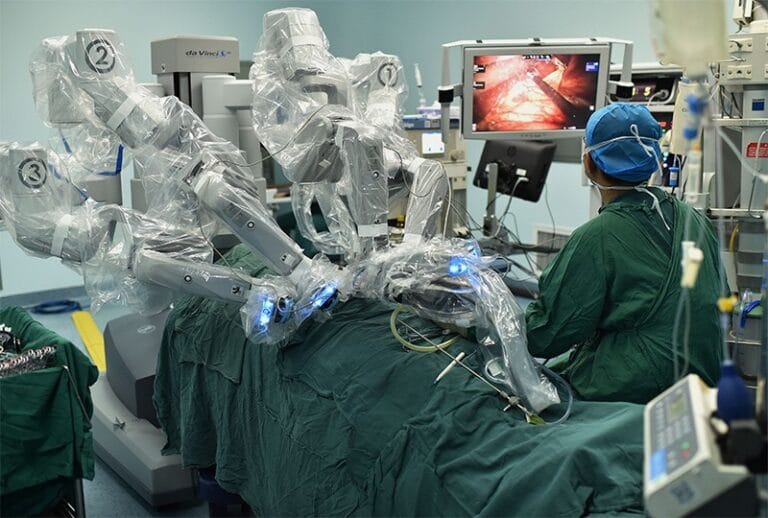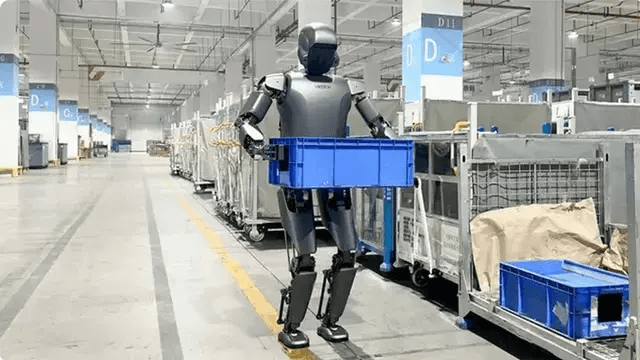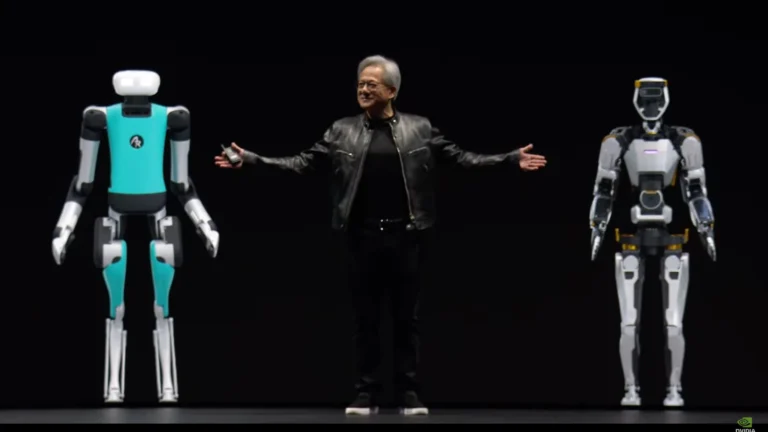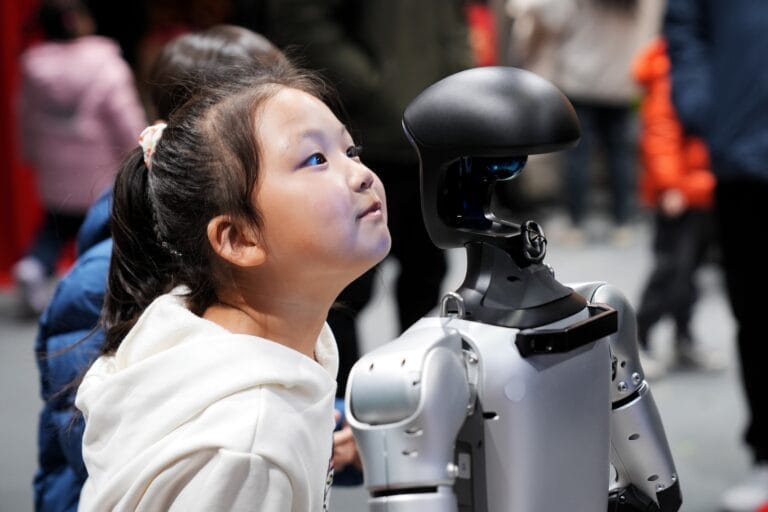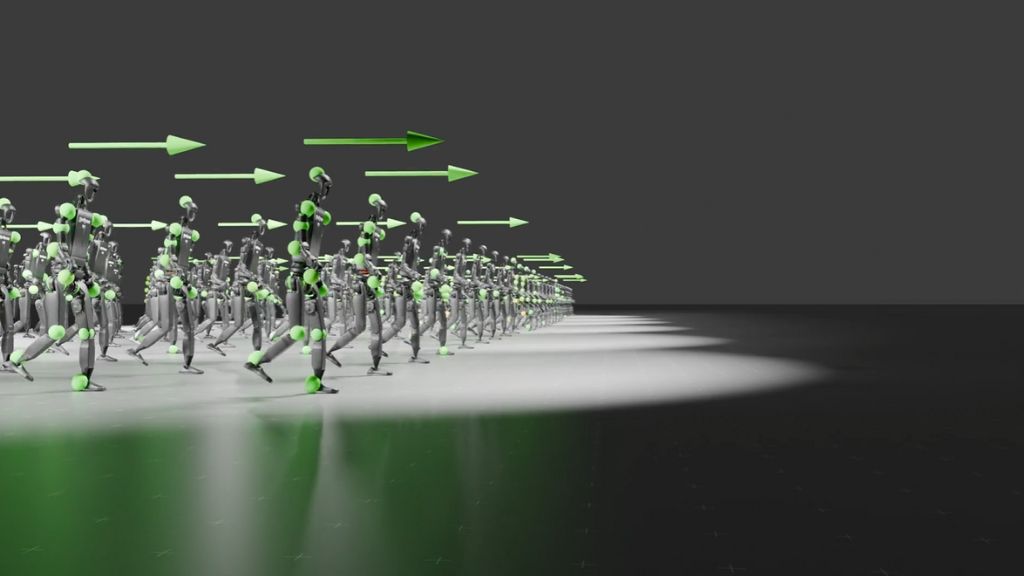
In a significant advancement for robotics and artificial intelligence, NVIDIA, a leader in visual computing technologies, has unveiled HOVER, a novel neural network tailored for humanoid robotics. This 1.5 million parameter model promises to redefine how humanoid robots understand and execute complex motor skills, potentially transforming industries from manufacturing to personal assistance.
A Leap in Robotic Control
Developed by NVIDIA’s GEAR Lab, HOVER (Humanoid Versatile Controller) represents a leap towards more autonomous and versatile humanoid robots. Traditionally, controlling humanoid robots for tasks like walking, object manipulation, or even simple gesturing required extensive programming and often resulted in stiff, unnatural movements. HOVER changes this paradigm by introducing a compact neural network that, despite its size, achieves remarkable control over robotic locomotion and manipulation.
“HOVER was trained within NVIDIA Isaac, our GPU-powered simulation environment, which accelerates physics simulations by up to 10,000 times faster than real-time,” explained Jim Fan, Senior Research Manager at NVIDIA. “This model demonstrates that you don’t need an excessively large network to master intricate motor skills. In fact, with just 1.5 million parameters, HOVER can learn a year’s worth of motion in under an hour of real-world GPU time.”
Training and Versatility
The training process for HOVER involves virtual environments where the neural network learns through a variety of scenarios, adapting to different physical conditions and tasks. This approach not only saves time but also resources, making the development of sophisticated humanoid robots more accessible. Importantly, HOVER’s training does not require further fine-tuning for zero-shot transfer to real-world applications, showcasing its robustness and adaptability.
Applications and Implications
The implications of HOVER are vast.
- Industrial Use: In manufacturing, where precision and adaptability are key, robots equipped with HOVER can perform tasks traditionally requiring human dexterity.
- Healthcare: Elderly care or rehabilitation could benefit from robots that move more naturally, offering assistance with less risk of injury.
- Education and Research: Universities and research institutions can leverage HOVER to explore new dimensions in robotic behavior, interaction, and learning.
- Home Assistance: The potential for HOVER to be integrated into home robots means more natural interactions, where robots can navigate cluttered environments or handle objects with human-like finesse.
Market Reaction and Future Prospects
The introduction of HOVER has sparked interest in tech circles, with posts on platforms like X reflecting excitement about NVIDIA’s continued innovation in AI and robotics. Analysts suggest that this development could further solidify NVIDIA’s position in the AI hardware and software markets, especially as robotics becomes integral to smart manufacturing and home automation.
NVIDIA plans to expand the capabilities of HOVER, integrating it with other AI models for more complex interactions, potentially leading to robots that not only move like humans but also think and learn like them.
Conclusion
HOVER by NVIDIA is not just a step but a giant leap forward for humanoid robotics, offering a glimpse into a future where robots could seamlessly blend into human environments. As this technology matures, we might soon see robots not just as machines but as partners in our daily lives, capable of understanding and responding to the nuanced world around them with unparalleled adaptability.
